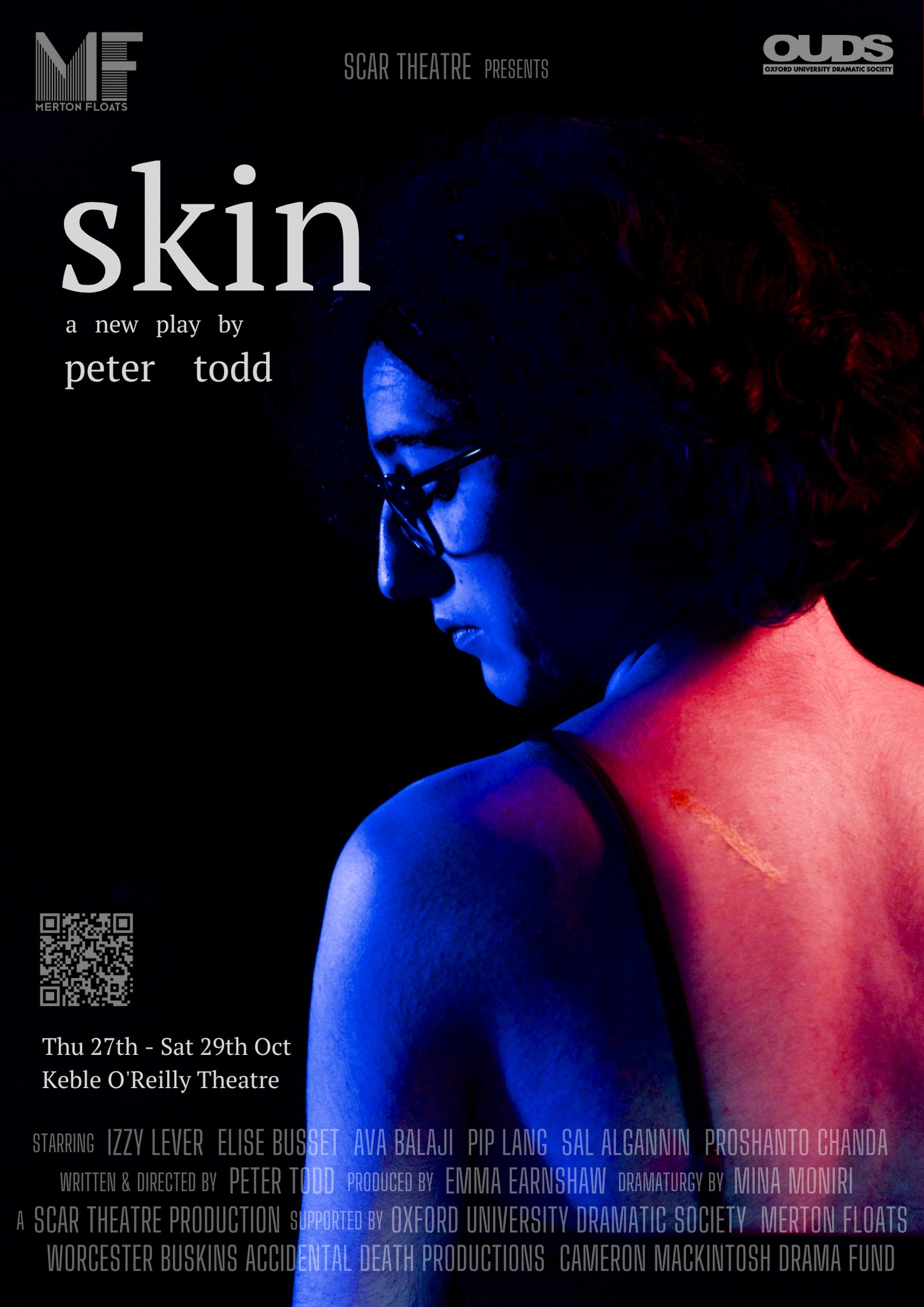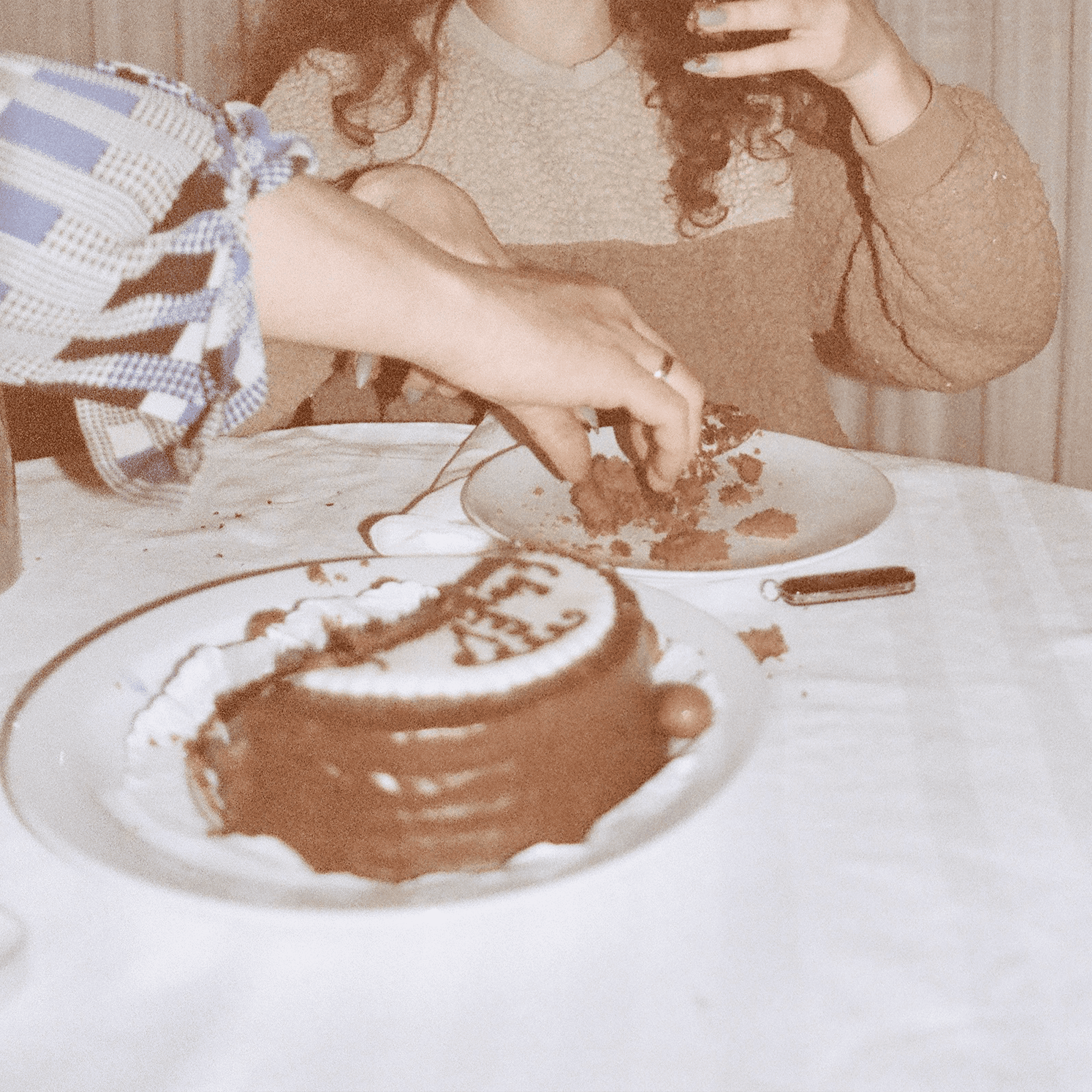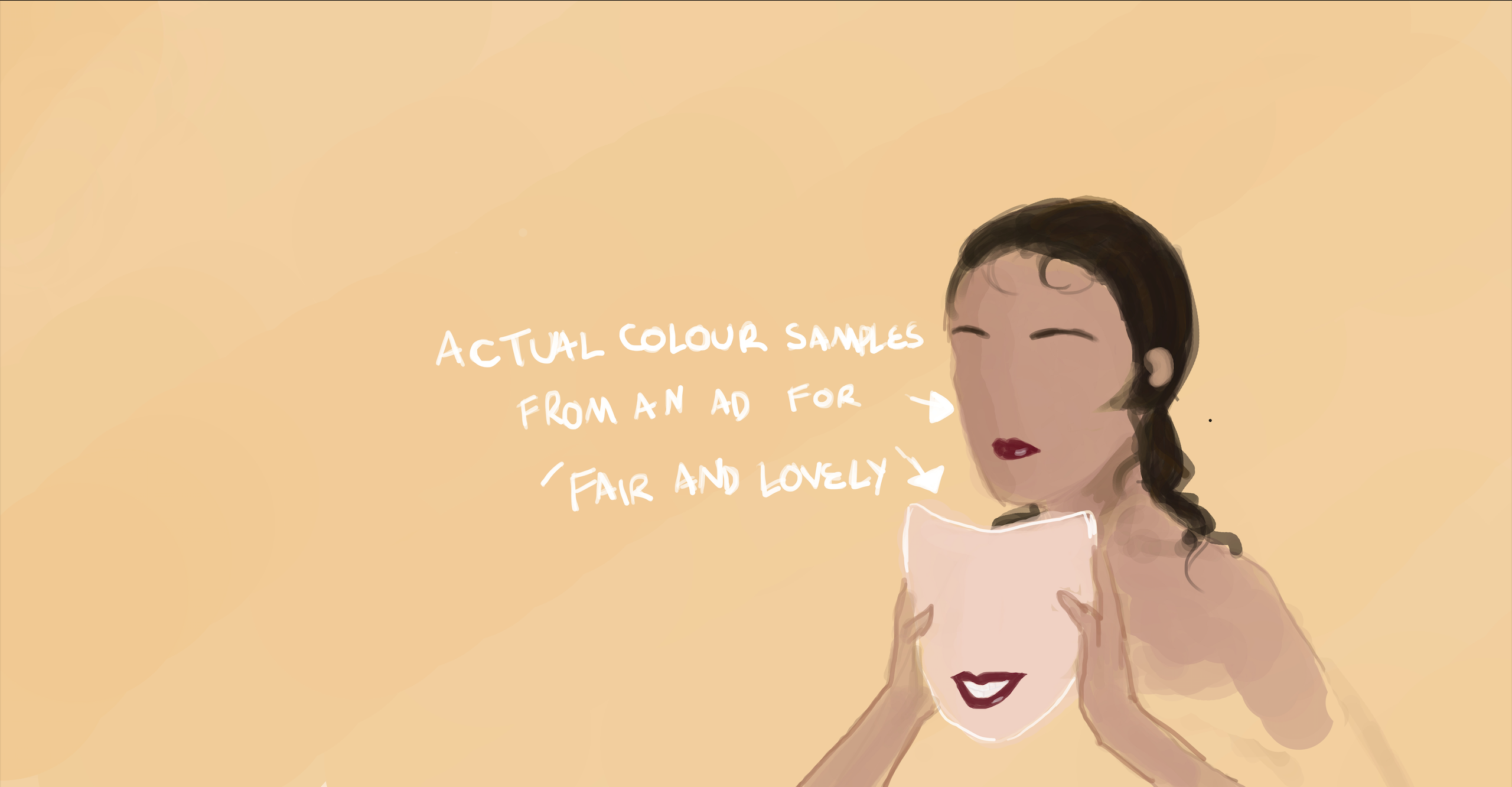
Review: SKIN
Content warning: chronic illness, grief.
‘How’s your back, by the way?’ The first thirty seconds or so of Peter Todd’s new play Skin, staged last week at Keble’s O’Reilly Theatre, pose as classic student drama fare: it opens with laughter in the dark, sisters sprawled on the floor, clutching beer bottles, talking about boys. Then the medical question pops up. From there we follow a petrified Sadie, diagnosed with stage 2 melanoma, through appointment after agonising appointment, and uneasy re-emergences into real life in between. Needless to say, Skin is not an easy play to watch. The audience process at the end (subdued silence, stunned applause, loud and emotional cheers) is a familiar one if you have ever been upset in the theatre.
This is overwhelmingly thanks to its brilliant lead actress, Izzy Lever, who almost tangibly radiates feeling. Fantastic in Plus One and Mojo last year, Lever brings the same sensitivity to this deeply challenging role. Biting her nails as she tries over and over to express how she feels, Sadie is stressy, awkward, and intensely vulnerable. When she is covered up almost completely for a scan, her white trainers dangle off the end of the table. It is through Sadie that we experience every moment of the play emotionally, so that it is shockingly effective when her body temperature drops precipitously, and she falls unconscious. Through a phone call from doctor to sister, we learn she might never wake up; and it is as if we too have been cut off from our own senses in losing her point of view, on the verge of losing the character altogether.
Sadie is the play’s centre of gravity, furiously trying to make sense of everything around her. Around her, the other characters fall into more predictable roles: the kindly, supportive sister and colleague, the harsh boss, the friendly but blank doctors. These are particularly terrifying: in the face of Sadie’s anxious humanity the healthcare system is callously robotic. The horror of the hospital is audio-visually externalised with striking success: a disembodied voice questions Sadie loudly and harshly, and speaks over her answers. Her scan is brought to life by a balletic dance sequence, bars of light moved automatically back and forth, up and down her body, with eerie precision. This is more effective, perhaps, then the latter half of the sequence, which has the dancers chase Sadie around the stage with the scanners, with the physical energy of a Frantic Assembly production. The sequence is far more menacing, and feels more truly like an attack, when it has the slow horror of mechanic inhumanity. A delightful exception can be made for Proshanto Chanda’s doctor, who warms her up with a hair dryer while gossiping about his Porto holiday; an excruciating one for Sadie’s agonising wait for her scan results with Elton John’s ‘Tiny Dancer’ as hold music.
Something like comic relief, in this battle between struggling individual and an unreceptive outer world, is found in Sadie’s office. The double-speak here is wryly amusing, testament to the soulless catch-phrasing of the late capitalist workplace. Of the biscuit supply, Sadie’s colleague Ava comments, ‘if that’s not welfare, I don’t know what is!’ (this gets a lot of laughs from a student audience, for whom such pastoral lip service may prove recognisable). Your determination is inspirational, she is told by her bullish boss Simon. But we’ll need you to work harder or we’ll have to get rid of you. For Sadie, the problem goes beyond the hypocrisy, the uncaring attitudes of the workplace; the problem is with being called an inspiration, or brave, in the first place. ‘I just want to exist,’ she laments, to fight for a personhood beyond her illness. She sees a nice chair and she wants to buy it; things like that, not melanoma, make up her identity. Here is the other connotation of Skin haunting the title; that illness can be, on the surface, all we see about a person, and this isn’t fair.
Skin is structurally as well as emotionally difficult to watch. The plot is unconcerned with climaxes and resolutions, rising and falling motions: it stops and starts, takes Sadie and the audience joltingly to hospital, to work, and to hospital again. It would be repetitive if it weren’t so tortuously expressive of the real back-and-forth motions of an illness that isn’t getting better. ‘Every time I try to forget, something new happens, something changes, and I can’t’, Sadie complains to her sister Clara, played poignantly by Elise Busset. The audience is in the same boat: every time we manage to process the events emotionally, and it isn’t easy, there is another wrench of bad news. The play ends on this note. ‘Hello Sadie, it’s Dr Kinsela’. The lights go out. We are allowed out of this never-ending to-and-fro from hell, and Sadie isn’t. ∎
Words by Clemmie Read.







